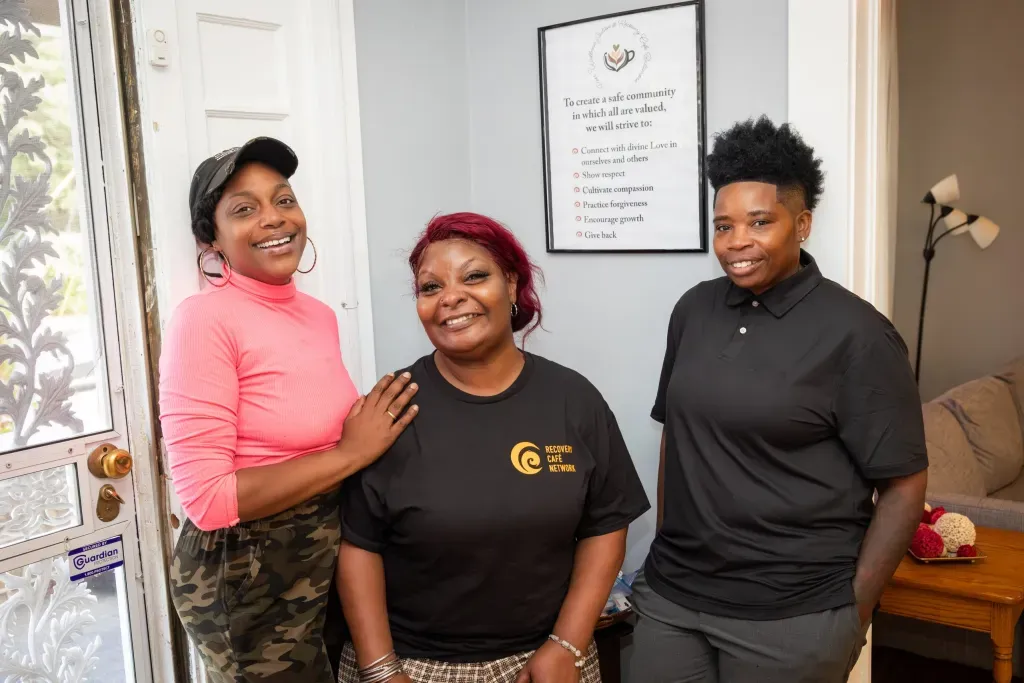
Over a century after Baltimore fought Prohibition, the city is experiencing a sober renaissance. More local businesses and organizations are providing substance-free spaces while working to ensure everyone has a place where they can feel at home.
All of these spaces share the same goal of community-building for people who don’t want to partake in the drug and alcohol-filled lifestyle that’s become so deeply ingrained in American culture. They differ in their approaches, with some providing recovery-centered programming and others providing a fun night of live music or non-alcoholic drinks with friends. All of the spaces come without the feeling of a nasty hangover the next day.
In Bridgeview/Greenlawn, Recovery Café Baltimore opened its doors in September, coinciding with Recovery Month, a campaign raising awareness for those in recovery. It’s now hitting the ground running as Sober October gets underway. Once a childhood home, the cafe is filled with laughs and conversation among peers. Those inside help coach individuals through crises, connect people with recovery services, or just be someone who can listen, all without the clinical environment often associated with such spaces.
In the works for two years, the Baltimore cafe is joining 80 other members of the Recovery Café Network across the country, and is the first of its kind in Maryland. While these cafes offer the usual tea and coffee, their primary focus is allowing peers, or people who use their lived experience with addiction to help others, to wind down and do their own healing. With so much expertise in the rooms, the doors are open to anyone who may need help.
“We really need to focus on wellness and hope,” said Tiffinee Scott, co-founder of the Recovery Café and president of the Maryland Peer Advisory Council. “I think that's how we open the door for individuals to get access. Two things that they need without that layer of stigma and resistance.”
The cafe is set inside a classic West Baltimore rowhome, with comfortable couches and a flat-screen television in what was once a living room. The dining room features coffee, tea, and snacks. There are also services scheduled throughout the week, like guided meditations, yoga, art sessions, and journaling, that allow people to take time to reconnect with themselves and do self-care.
The goal is simple: Provide love and holistic support to those who are in recovery, and embrace the fact that recovery begins the moment one walks through the door. All of this comes from people who have experienced addiction and mental health crises and understand how difficult it can be to come out on the other side.
“Recovery doesn't look like just being substance-free,” Scott said. “Recovery is just a vessel of things, even those who are still in active use. They are working through a recovery process. It just may not look like what you wanted to look like for you.”
The key, said wellness coach Lorice Rodgers, is that those inside can understand the pain of their clients. With days full of therapeutic activities and conversations about healing, visitors can feel like they are part of something bigger — a welcoming space that will embrace them in times of need.
“How you gonna fix me, and you don’t even know how it feels to be in my skin?,” Rodgers said.
The Recovery Café joins a cohort of organizations and businesses that seek to serve the city’s sober population. And for those who believe live music is the best therapy, The Undercroft has them covered.
A live music venue located in a church basement in Remington, The Undercroft has been hosting shows since 2017, helping to fill the shoes of Charm City Art Space, which shuttered two years prior.
The venue, run by a four-person collective and volunteers, welcomes concertgoers with a chalkboard bearing the venue’s name before they descend a set of stairs to its bright red door. Inside, it's an archetypal DIY venue, with a floral mural behind the stage and a capacity of approximately 100 people.
“There's a long history of punk venues in America being sober spaces,” said Sean McFarland, the senior-most collective member. “At the end of the day, it just kind of makes more sense. If you are running an all-volunteer space, you don't want to put up with people who are drunk all the time. It’s not a fun experience.”
The all-ages venue welcomes bands of all genres, putting on everything from rowdy hardcore shows to electronic sets.
One thing that separates The Undercroft from the rest is how queer-friendly the venue is, said Holden Wolf, a collective member and lead singer, guitarist and songwriter in the Baltimore-based indie-punk band Combat.
“It is really, really, really difficult to find any show here at all that, at the very least, one band isn't fronted by a queer person,” Wolf said. “I really cannot think of another venue I’ve ever been to where that is the case.”
The venue holds a unique place in the city’s music scene. While many venues allow, if not encourage, alcohol and drug use, The Undercroft aims to provide a space for those who are abstinent.
Some individuals may have recently gotten sober, and they’re anxious to get back into Baltimore’s music scene without the lowered inhibitions provided by substances.
“I would say if you like the music, come hang out,” McFarland said. “We're glad that you're here, and we're glad to be a space for those kinds of people.”
Abstinence doesn’t have to mean going without having a glass of wine or even a cocktail. Modern World, a non-alcoholic beverage and specialty shop that opened in Hampden in 2023, offers a sense of community to those who don’t want to feel left out in sobriety.
In a small shop on The Avenue, the walls are brimming with non-alcoholic wines, liquors, and beer. There are hundreds of varieties to choose from, with some beverages containing capsaicin to replicate the burn of traditional spirits. The store also aims to provide specialty items to serve a wide range of interests, with its shelves featuring tinned fish, sausage, and a variety of snacks.
Store founder Laurie Hefner was partly inspired by a similar shop owned by a friend in Minneapolis. She opened it after realizing that her sober partner had to walk into liquor stores and travel past alcoholic beverages to get to their non-alcoholic counterparts.
As someone with a background in the hospitality industry, it became clear to Hefner how ingrained in American culture alcohol is.
“When you’re gathering in these spaces, people get othered constantly. That’s something I started to notice in hospitality; it wasn’t normalized to not drink. To be able to just de-center alcohol a little bit in any form is really nice,” Hefner said.
Modern World is just another testament to Baltimore's sober space scene, said Ann Marie Meiers, an employee at the shop.
“There’s definitely a vacancy for people that aren’t centered around alcohol,” Meiers said. “Honestly, to me, Baltimore is a city with a lot of sober spaces. I go to more than I ever have.”
And all the spaces play an important role in Baltimore as more people experience the city’s unique culture through a sober lens. They are as much a business or nonprofit organization as they are a second home — one that is radical in its hospitality and compassion.
“One of the main reasons I wanted this place to exist was so that people could feel comfortable and enjoy themselves,” Hefner said. “The idea of a third space. It’s a place where you can find some sort of community and not feel that pressure.”
Whether someone is seeking recovery services, a night of good music, or some beverages to enjoy with friends, there is a place for them in Charm City.




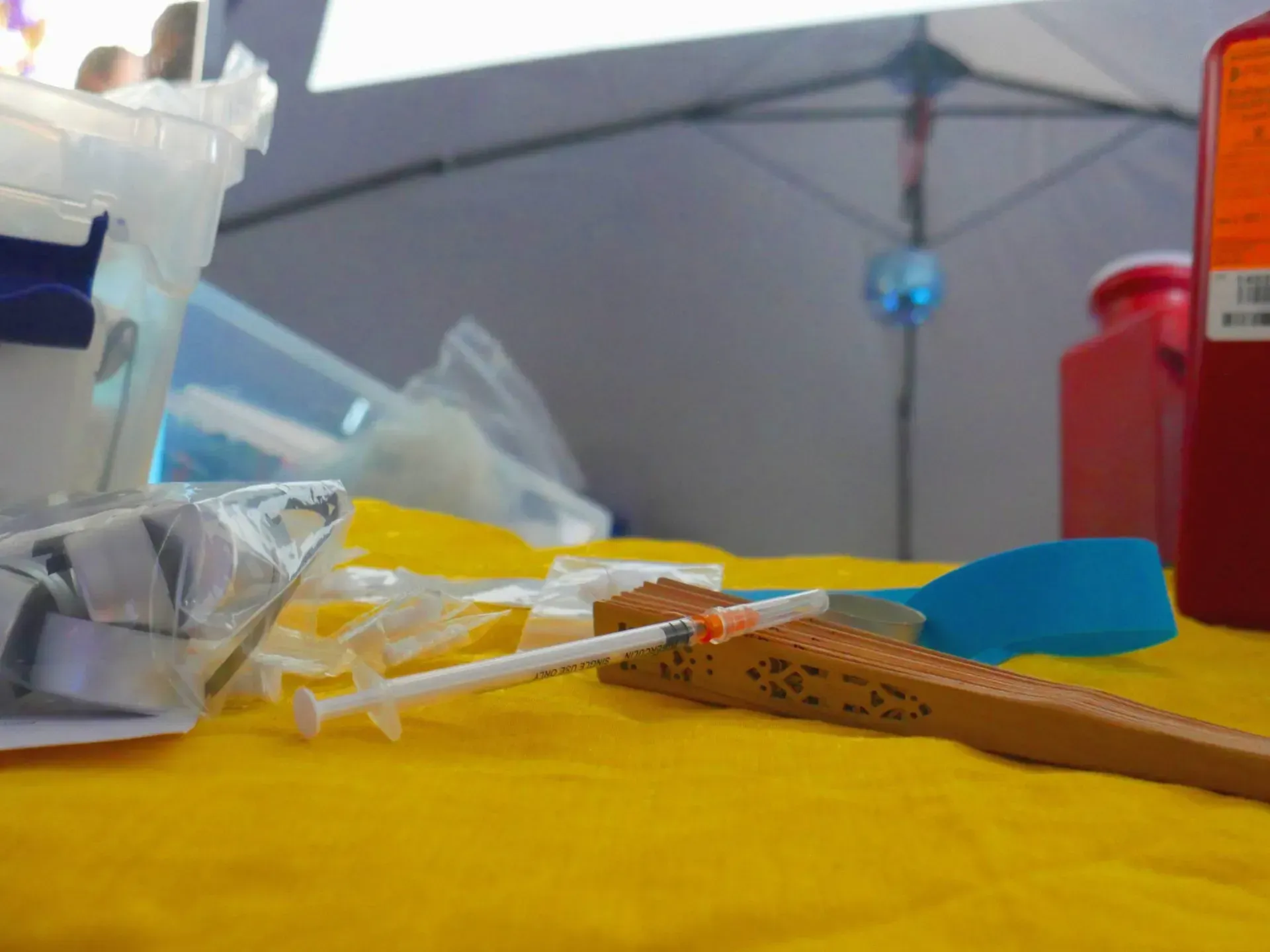
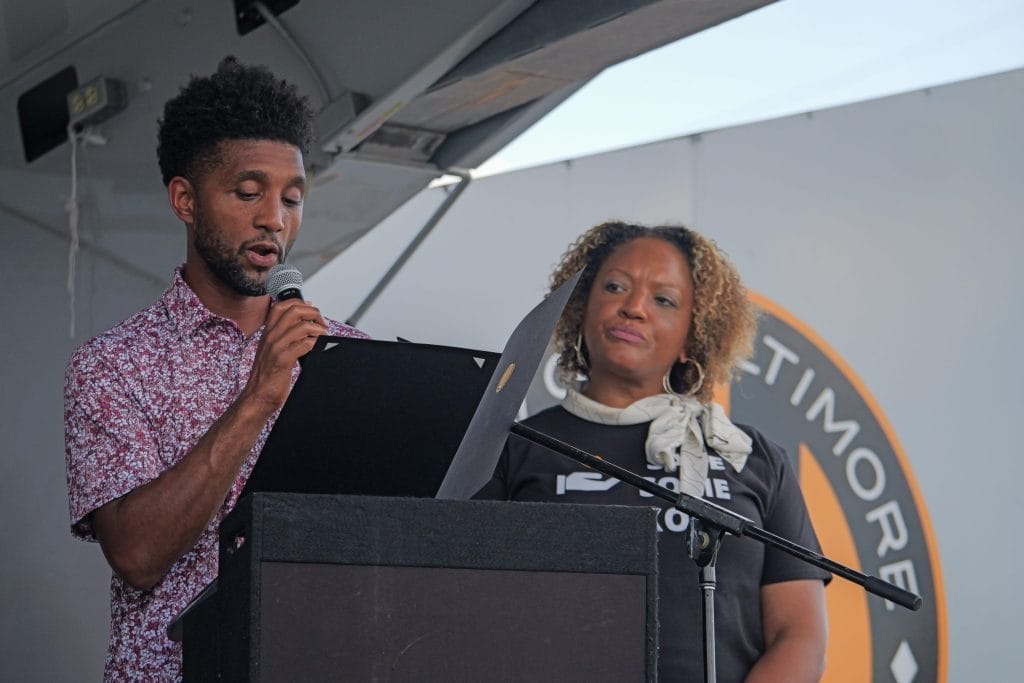
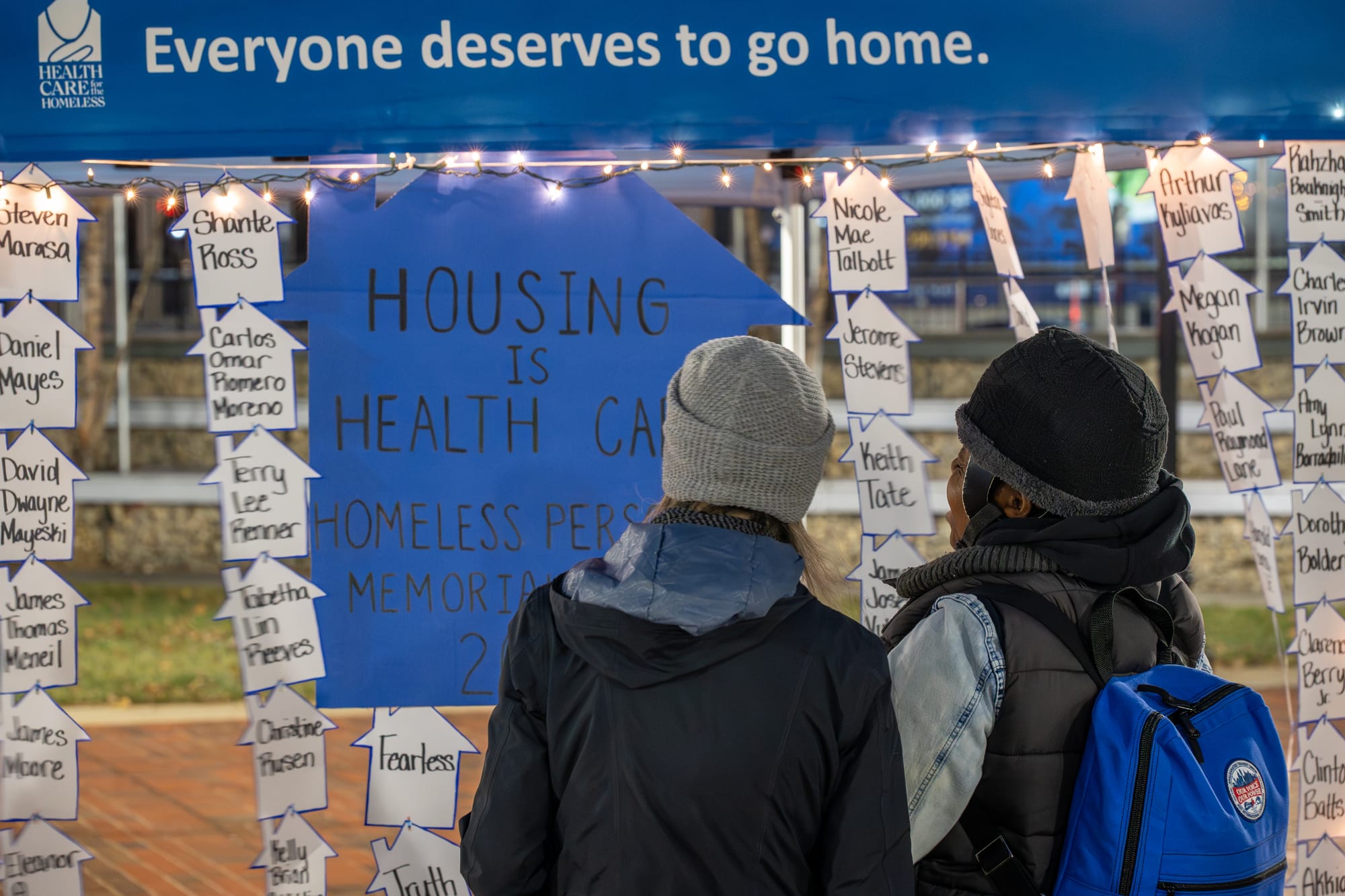
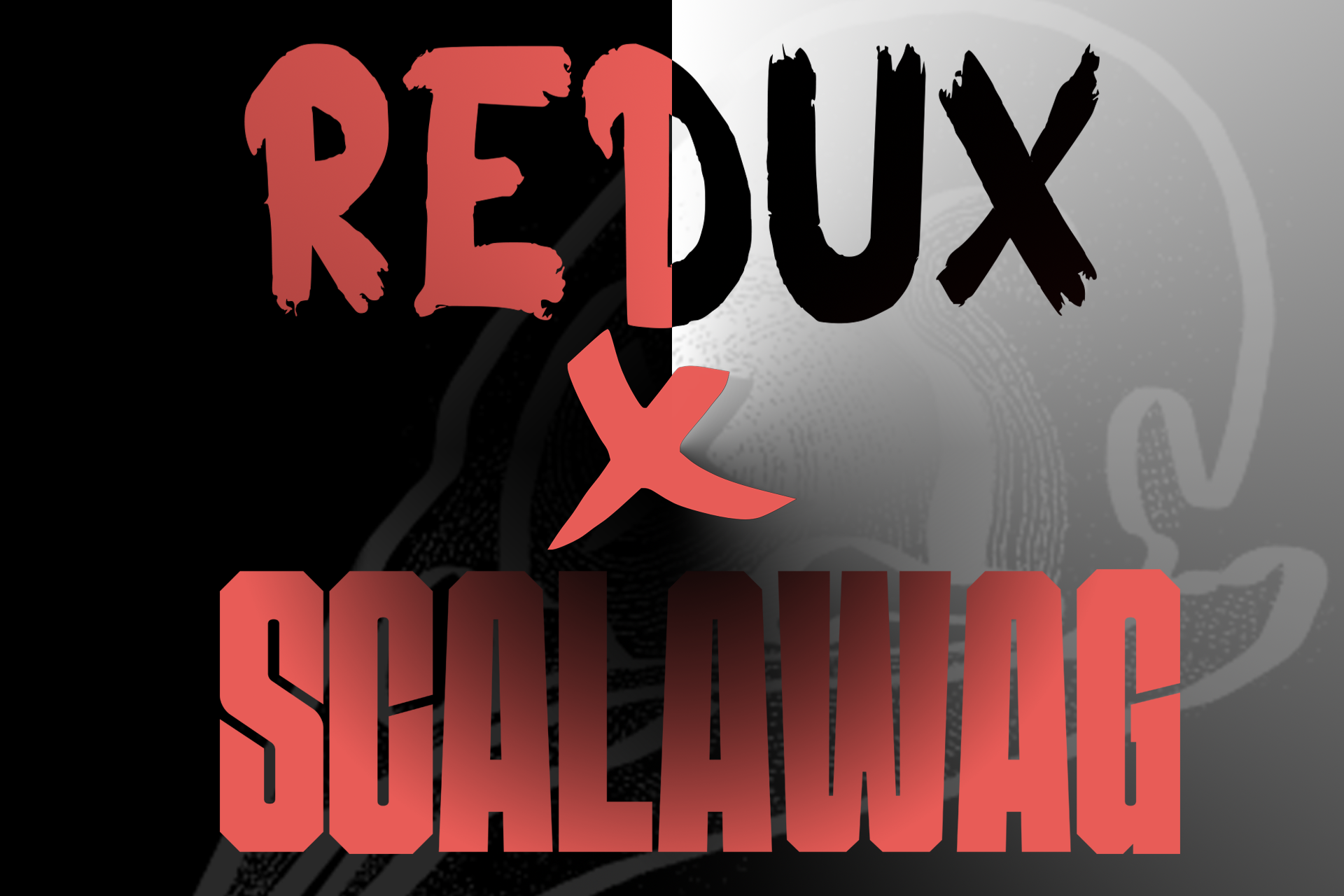
Comments